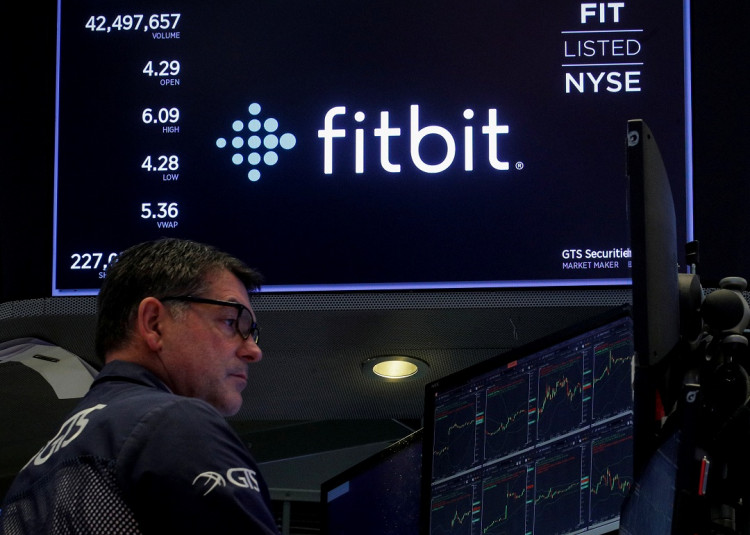Google's planned $1.2 billion acquisition of wireless wearable technology company Fitbit, Inc. might end up being sunk by an investigation launched Tuesday by the European Commission.
The executive branch of the European Union expects to complete its investigation by Dec. 9. The EC said it was launching its latest investigation of Google because of concern the search company will "further entrench" its market position in online advertising if it uses Fitbit's data to help personalize advertisements it delivers to users of its platforms. Google also owns YouTube.
"Our investigation aims to ensure that control by Google over data collected through wearable devices as a result of the transaction does not distort competition," executive vice president of the European Commission for A Europe Fit for the Digital Age, Margrethe Vestager, said.
By acquiring Fitbit, Google would acquire databases maintained by Fitbit containing information about its users' health and fitness, she said. The acquisition will also give Google the technology to develop a database similar to Fitbit's and, thereby, increasing its advertising power.
Vestager said the use of wearable devices by consumers in Europe was expected to grow significantly. This will inevitably lead to an exponential growth of data generated by Fitbit's wearable devices, she said.
"Our investigation aims to ensure that control by Google over data collected through wearable devices as a result of the transaction does not distort competition," Vestager said.
The EC believes data collected by wrist-worn wearable devices is an important advantage in online advertising. The acquisition of Fitbit will increase Google's data advantage in the personalization of its online ads.
This edge will also make it more difficult for Google's rivals to match Google's online advertising services. Fitbit's acquisition, therefore, will raise barriers to entry and expansion for Google's competitors in these services to the ultimate detriment of advertisers and publishers that will be hurt by higher prices, the EC said.
Google claims the deal to acquire Fitbit isn't about data, but market share. "This deal is about devices, not data," Rick Osterloh, senior vice president of devices and services, said. "We've been clear from the beginning that we will not use Fitbit health and wellness data for Google ads."
Osterloh said there was vibrant competition when it came to smartwatches and fitness trackers. He said Apple - with a 50 percent share of the international smartwatch market - Samsung, Garmin, Fossil, Huawei, Xiaomi and many others offered many products that compete with Fitbit.
"We don't currently make or sell wearable devices like these," Osterloh said. "We believe the combination of Google and Fitbit's hardware efforts will increase competition in the sector, making the next generation of devices better and more affordable."
Google announced its intent to acquire Fitbit on Oct. 31. Osterloh said the Fitbit acquisition was "an opportunity to invest even more in Wear OS as well as introduce Made by Google wearable devices into the market."





